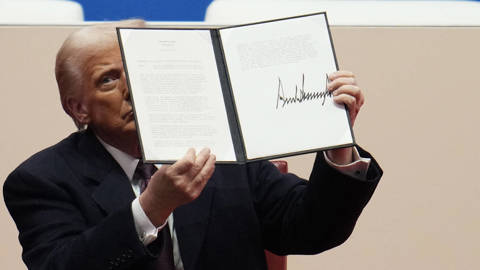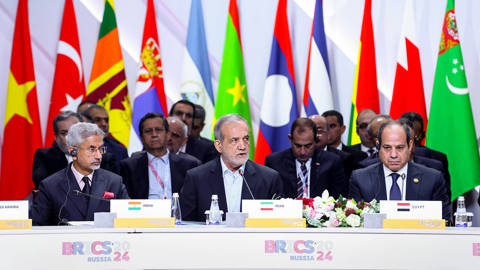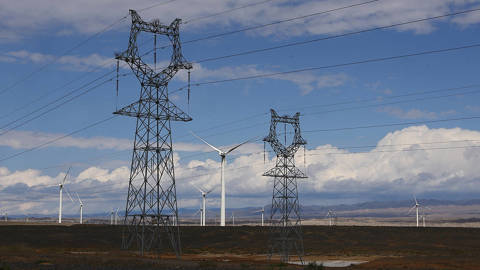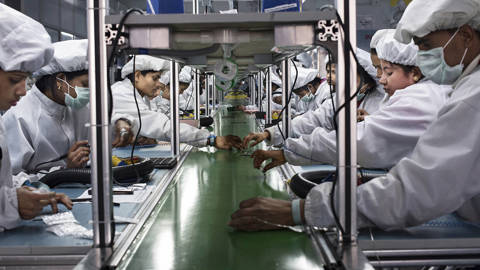Project Syndicate respects the right to privacy of our readers and users, and we appreciate that you use our services.
We use cookies so that we can provide you with the best possible service while you use our website. This includes subscription-based articles, recommended content, or improvement of overall usability of the website, so that your experience is as efficient and user-friendly as possible. Some of the cookies we use are analytical; while several cookies are “technical” and are used for tracking your login session or authorization.
What is a cookie and what it is used for?
Cookies are small files that are usually automatically downloaded by your web browser when you visit our website. Cookies do a number of very useful jobs such as remembering your preferences, telling us how you interact with our website, or how you found our website. We use cookies internally to find out more about you as a reader of our content and user of our services. We also utilize cookies to make sure that some sections of our website work the way we want them to work.
What kinds of cookies do we use?
We use several third-party tracking cookies, such as Piwik, Mather, or Google Analytics. All cookies are designed to track your movement within the website and to provide you with the most sophisticated user experience. In a nutshell, Mather analyzes your favorite authors, comments, and content; Piwik tracks your visit and interaction with elements on the website; and the Google Analytics cookie tracks user movements. We generally use Google Analytics to find out more about you as customer or a potential customer. The collected data varies depending on whether you are logged in with your Google account or not. The cookie tracks location data, browser type, origination website, time of your visit, some demographic data such as your age bracket, or gender. For additional information about the cookies we use, please visit the relevant cookie provider’s website:
https://policies.google.com/privacy
We also use specific third-party cookies for social media plugins, namely LinkedIn.
https://www.linkedin.com/legal/cookie-policy
For technical purposes we also use session cookies that are active when you log in to your account, a cookie that helps you to be permanently logged in, and an authentication cookie.
How long do you keep cookie data?
Each cookie is kept for a different period. Project Syndicate does not keep cookie data for more than 12 months.
How do I manage my cookie?
Most internet browsers automatically allow cookies to be stored on your device. Depending on your browser, you should be able to decide for yourself whether to accept cookies in general and how to manage your current cookies. You can decide to disable cookies for our website; however, some content on the website might not load properly and you might experience problems with logging in. We, therefore, recommend allowing cookies.
If you would like to learn more about cookies, please visit www.allaboutcookies.org.
Note that this policy should be read together with our privacy policy.
This policy is effective from May 25, 2018. Any change to the policy will be posted on this page. If any change is significant, we may also notify you of such change by e-mail.








